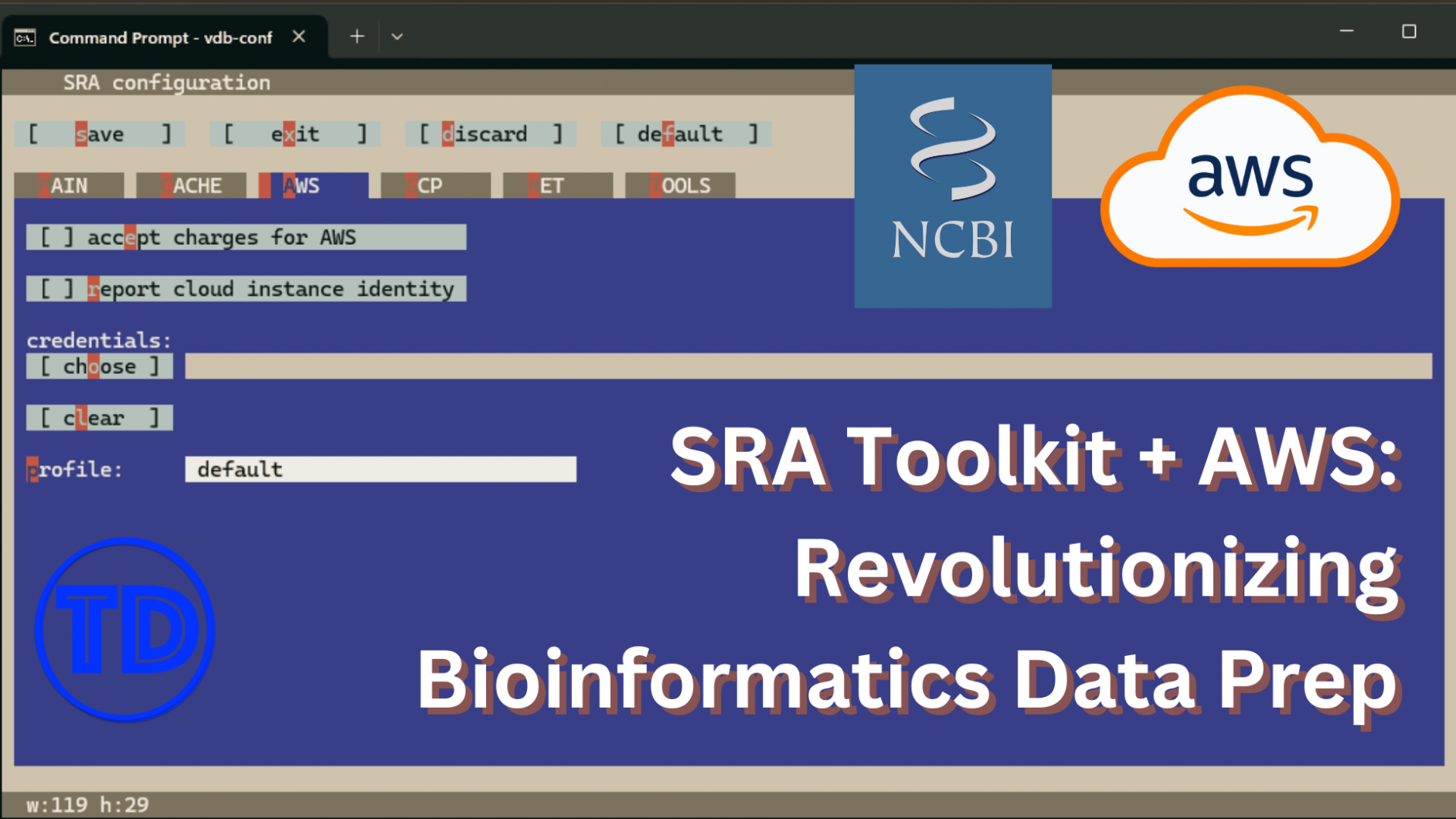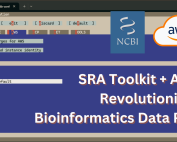Build a Web-Based Linux Terminal Playground
In this blog, I will guide you through creating a Simple Web-Based Linux Terminal Playground that enables running Linux commands directly in the browser. We will use technologies such as Podman for containerization, React for the UI, and Express and node-pty for the backend. WebSockets will handle real-time communication between the frontend and backend, creating a seamless, secure, and interactive environment to learn and execute Linux commands. Each connection will be isolated and ephemeral [...]
AZ-400 Microsoft DevOps Engineer Expert Exam Study Path
Bookmarks Prerequisites Study Materials Azure Services to Focus On Validate Your Knowledge Final Remarks The AZ-400 Microsoft DevOps Engineer Expert certification is designed for professionals who want to demonstrate their expertise in implementing DevOps practices using Microsoft Azure technologies. This certification validates your ability to design, implement, and manage DevOps processes, including version control, build and release management, testing, and infrastructure as code. It optimizes development [...]
Understanding AWS Responsible AI: Key Concepts and Dimensions
As AI becomes a bigger part of our lives, it’s important to make sure it’s used responsibly. Responsible AI means building and using AI systems in ways that are ethical, fair, and accountable. AWS provides a range of tools to help organizations build AI systems that follow these principles. In this blog, we’ll look at what responsible AI is, the key dimensions of responsible AI on AWS, and the tools available to support these practices. [...]
SRA Toolkit + AWS: Revolutionizing Bioinformatics Data Prep
It takes too long. It’s boring. I want the good stuff already… Sounds familiar? These statements are not entirely wrong, but data preparation in any kind of data analytics job is still important and must be executed carefully. This is an important step that can easily take up to 80% of the total working time of a project. For insightful results, the data must be prepared properly, and this article will be about the [...]
Mastering Prompt Engineering for AWS Large Language Models (LLMs)
In the rapidly evolving world of Artificial Intelligence (AI) and Machine Learning (ML), Prompt Engineering has become a cornerstone skill for effectively harnessing the power of Large Language Models (LLMs). These models transform industries, power intelligent chatbots, automate workflows, and redefine customer experiences. Yet, the key to unlocking their full potential is crafting clear, precise prompts tailored to specific tasks. Far from being a mere technical skill, Prompt Engineering shapes the interaction between humans [...]
Monitoring Amazon SES Complaint Rates with CloudWatch Alarms and Real-Time Slack Notifications
Amazon Simple Email Service (SES) is a powerful tool for sending high volumes of emails quickly and efficiently. However, to maintain your email-sending capabilities and ensure high deliverability, it's essential to monitor your sender's reputation closely. One key metric for assessing this reputation is the Complaint Rate, which measures how often recipients mark your emails as spam. A high complaint rate can lead to your emails being filtered into spam folders, throttling, or even [...]
Methods in Evaluating Foundation Model Performance
A foundation model is a large-scale, pre-trained artificial intelligence model that serves as a general-purpose system for various downstream tasks. These models, such as GPT for natural language processing or CLIP for vision-language understanding, are trained on extensive datasets and can be fine-tuned or adapted to specific applications. Foundation models are characterized by their ability to generalize across tasks, making them highly versatile and impactful in AI-driven solutions. Evaluating these models' performance is essential to [...]
Amazon SES Complaint Rate: What It Is and How to Manage It
Email remains one of the most effective ways of communication for businesses in today's digital age. It allows you to reach out to current and potential customers through newsletters, promotions, important information, and updates about your products and services. Whether it is to keep your customers engaged, promote your new offerings, or send transactional messages like order confirmations and such, email is a simple yet very powerful approach to improve your connection with clients [...]
Retrieval-Augmented Generation (RAG) for Foundation Model Customization
Artificial Intelligence (AI) has rapidly advanced, pushing the limits of what machines can accomplish. However, one significant challenge remains: ensuring that AI responses are both accurate and contextually relevant while being up-to-date. This is where Retrieval-Augmented Generation (RAG) comes in—a cutting-edge approach that integrates the capabilities of data retrieval with advanced AI generation techniques. In this blog, we will explore the details of RAG, discussing its benefits, applications, and how to implement it using [...]
Security in AWS Data Engineering: Best Practices and Strategies
Bookmarks The AWS Shared Responsibility Model Use AWS Data Encryption Use Identity and Access Management (IAM) Implement Network Security Monitoring and Logging Compliance Standards Data Governance Secure Data Storage Backup and Disaster Recovery Automating Security Practices Conclusion: Proactive Security Measures for Data Engineers References In today's world of Cloud Computing, data engineering security and compliance are very important for [...]






























